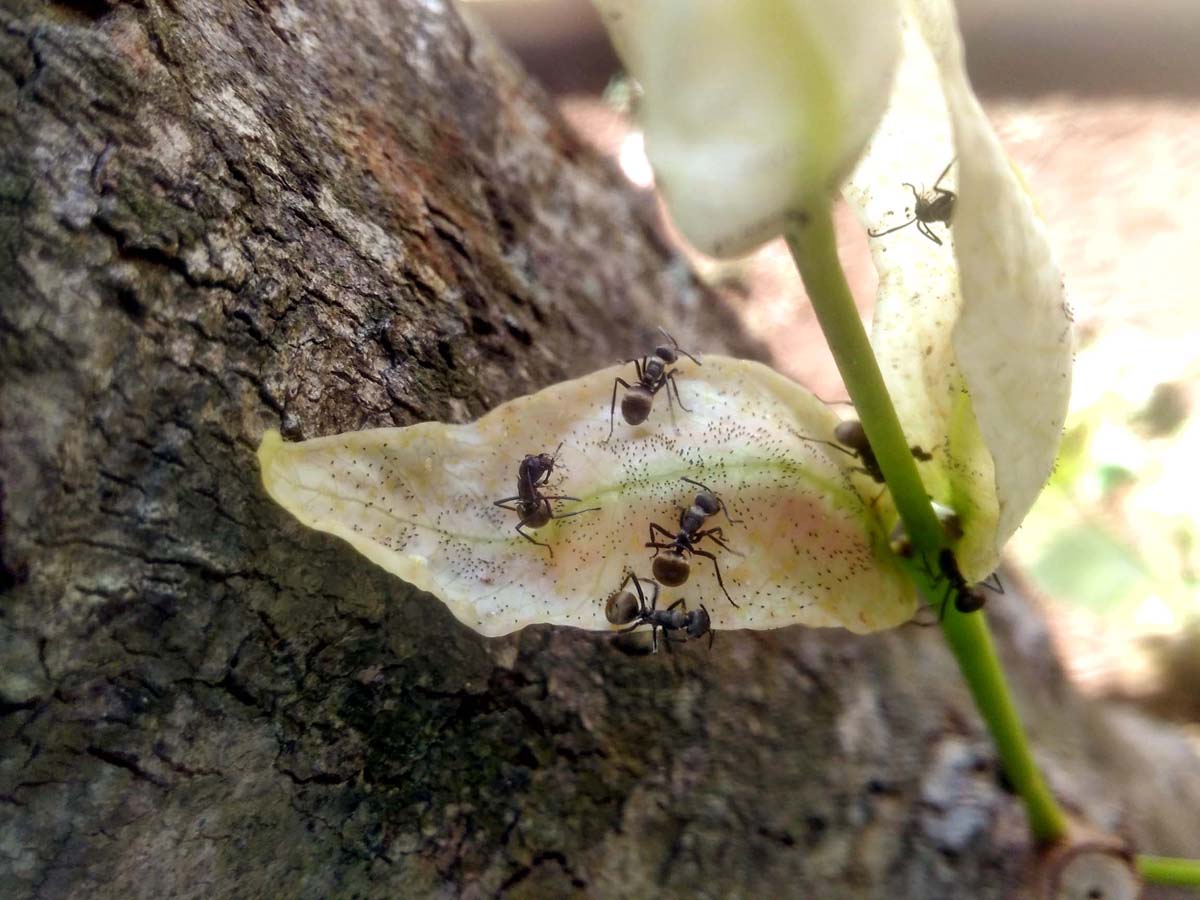Another Javanese expression that has similar meaning to obah, mamah is ubet, ngliwet. Not only are they similar in meaning, but also presented in ngoko language. Ngoko is the lowest expression level in the three degrees of politeness in Javanese. Ngoko is the most widely used by peers or people with no social attributes that require veneration.
Ubet literally means to exert oneself, to make every possible effort that matters. The word involves hard work to the level one can no longer imagine. Ngliwet means to cook some rice simply by boiling it in water instead of steaming it. While the result is not exactly the same, ngliwet may be the most popular as it does not need further process or energy.
Getting more relevant
During the pandemic ubet, ngliwet has become even more relevant. It is probably difficult to make a living today but one should be assured that one million opportunities are available out there. The economy may be collapsing, as shown by the imminent recession, but we cannot give in without doing our best. More people are laid off and forced to do odd jobs in order to feed their families. Competition is getting fiercer while needs remain unchanged.
However, please do not underestimate yourself since you were born a victor and will always find a way out of the crisis. The Javanese expression sometimes appears in a different version with sopo preceding the word ubet: Sopo ubet, ngliwet!.
The addition, however, does not change the fundamental meaning of the expression as sopo ubet, ngliwet means he who ubets, he is likely to ngliwet. It doesn't matter what your Food and Recipe are, as long as you don't give up then eating is not an issue nor a big deal.
Still another version appears as ora ubet, ora ngliwet that clearly states: he who doesn't ubet won't be able to ngliwet! The three versions thus have a similar meaning in essence. They strongly imply that hard work (and optimism) is of vital importance.
The words signify how mindset is actually a series of complex attitude. Javanese people have long recognized that there's always a way when you have a will, as evidently imprinted by ubet, ngliwet.
Pondering this in an apartment, I have come to realize that efforts need to be made to have the language spoken. Optimism is greatly relevant today when the economic crisis is said to be unavoidable and global food security is threatened.





















